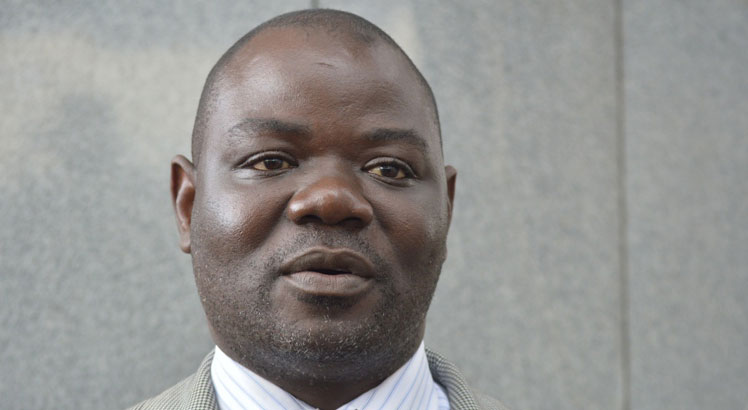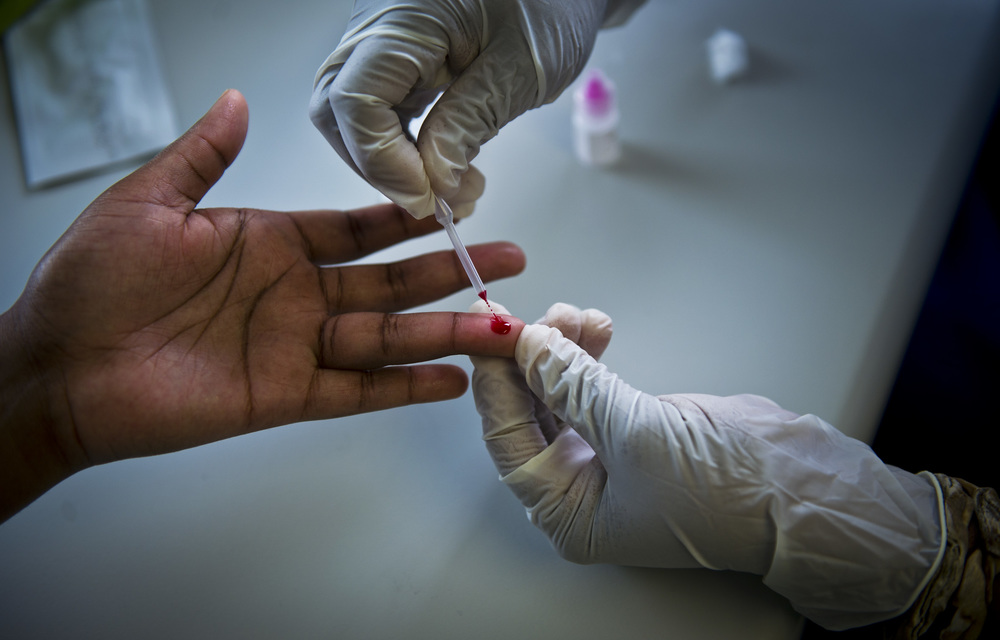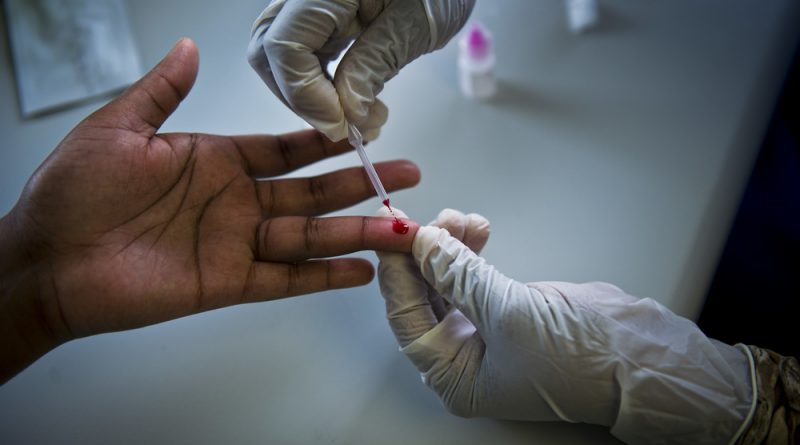Collaborated efforts can reduce HIV infection – Jobe
By Chikondi Laisi
One of Malawi’s leading health experts says collaborated efforts in the fight against HIV and AIDS can play a significant role in reducing infections rates – especially among the youth.
Over the years Malawi has been rated among the countries with high populations of HIV and AlDS, where by people get the disease through child birth and unprotected sex, among others.
Malawi Health Equity Network director George Jobe, it is impressive that the Ministry of Health and its partners, is implementing strategies that would drastically reduce the spread of HIV and AIDs by the year 2030.

Jobe: It is possible to reduce the infection rate (Photo Credit: Internet)
“We introduced “95 95 95” programme whereby 95% of those who have HIV and AlDS must get tested and know their HIV status. And 95% of people who know their HIV status must be on treatment and the remaining 95% is for the people who are on treatment and must have their viral load suppressed,” Jobe said.
He explained that the youth are more likely to get HIV and AlDS since they are the ones who indulge in unprotected sex without knowing their sexual partners’ HIV status.
Jobe called on the Ministries of Health and Education to work together to reach out to more youths on how they can reduce or stop spreading HIV. He said the goal to reduce cases of HIV and AIDS in Malawi by 2030 possible if more youths civic educated on how they can protect themselves.
“What we think is that there should be some linkages between the health sector and the education sector because the youth are the main group getting and spreading HIV and AIDS. The education sector can be of help since it is where the youth can get guidance about HIV and AlDS while in their classes,” he said.
He added: “It is everyone’s responsibility to make sure that our actions do not lead us into getting HIV and AIDS. We should take care of one’s health and that of others by encouraging those with HIV to take drugs as prescribed by the doctors at the hospital and advise those who are taking their sexual life recklessly to stop and abstain.”

People should be encouraged to go for HIV testing (Photo Credit: BBC)
According to the United Nations Population Fund (UNFPA), adolescents and youth face many risks as they navigate their lives – unemployment and economic exclusion, unwanted pregnancies, high maternal deaths, sexually transmitted infections (STIs) and gender-based violence.
UNFPA says: “Death in childbirth and HIV-related complications are the two main causes of mortality among young women in the region. A high proportion of girls do not want to fall pregnant but are not using contraception, and unsafe abortions continue to contribute to maternal deaths and injuries. When teenagers become mothers and fathers, they are often unable to reach their full potential.”

Those on ART should take life prolonging drugs (Photo Credit: Internet)
According to UNFPA it is, critical to invest in young people’s sexual and reproductive health.
“Research shows that investments in reproductive health protect the well-being of young people, maximize their potential for healthy and productive lives, and improve social and economic development,” UNFPA said. National AIDS Commission said in 2022, Malawi recorded 15,720 new HIV infections across all ages; and a total of 927,310 People Living with HIV (PLHIV)were taking the life-prolonging Anti-Retroviral drugs (ARVs) by December 2022. A total of 871,675 PLHIV had their viral load suppressed in 2022; and a total of 11,931 people across all ages died of AIDS in the same year.



